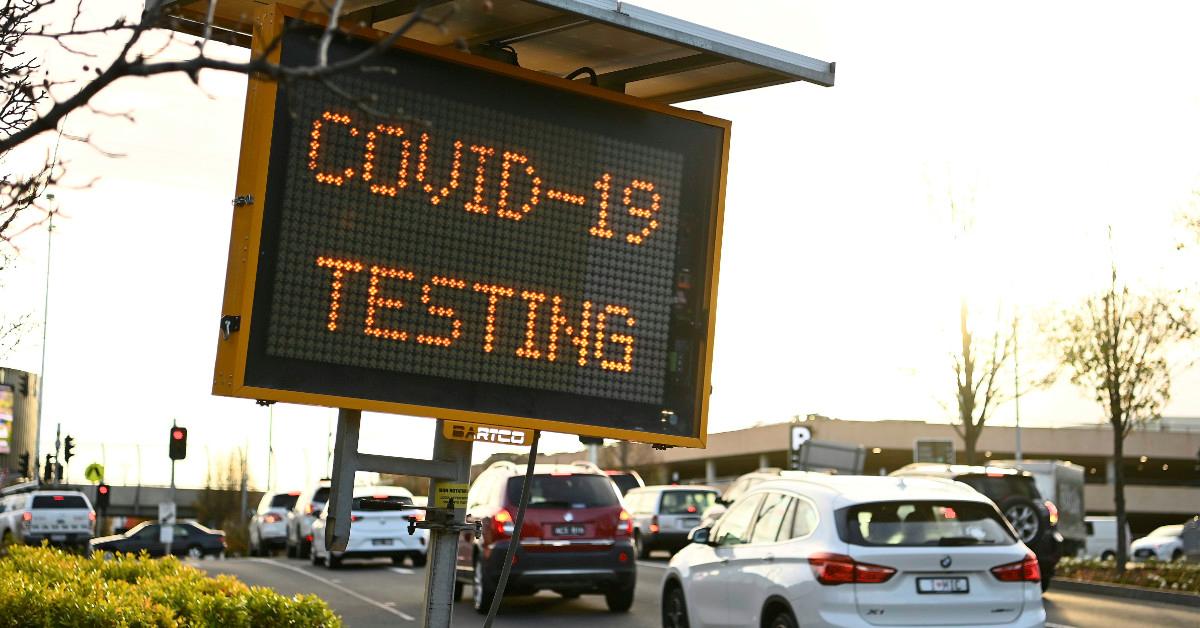COVID-19 Is a Federally Declared Disaster—What Does That Mean For Your Taxes?
Is COVID a natural disaster for taxes? See what the IRS and tax experts say about the disaster designation of the COVID-19 pandemic.
Feb. 18 2022, Published 4:40 p.m. ET

If you’re preparing your tax returns, you may be wondering whether COVID-19 qualifies as a natural disaster for tax purposes. As filers prepare their returns on e-filing sites like TurboTax they are asked whether they were affected by a natural disaster, and a pandemic would seem to qualify.
Last February, a TurboTax employee answered a similar question on the forums.
“If you answer the questions pertaining to Natural Disaster on the software, you will notice that it does not refer to COVID-19. COVID-19 has not been declared a federally designated natural disaster,” that expert writes. “However, [the] IRS states that the COVID-19 pandemic is a ‘federally declared disaster.’”
And even though the COVID-19 crisis has been declared a disaster on a federal level, taxpayers can’t exclude sick leave or family leave wages…
COVID-19 has been a “federally declared disaster” since March 2020.
A “federally declared disaster” is “any disaster subsequently determined by the President of the United States to warrant assistance by the Federal Government under the Robert T. Stafford Disaster Relief and Emergency Assistance Act,” according to Section 165 of the Internal Revenue Code.

By that measure, COVID-19 is indeed a federally declared disaster. On March 13, 2020, then-President Donald Trump declared the novel coronavirus disease a national emergency that warrants an emergency determination under section 501(b) of the Robert T. Stafford Disaster Relief and Emergency Assistance Act, as the Internal Revenue Service (IRS) explains.
Qualified sick leave wages and qualified family leave wages are not qualified disaster relief payments.
Section 139 of the code specifies that qualified disaster relief payments—certain payments to individuals to reimburse or pay for expenses related to a qualified disaster—are excluded a taxpayers’s gross income.
But the IRS also notes that qualified sick leave wages and qualified family leave wages are not qualified disaster relief payments and cannot be excluded because they “are intended to replace wages or compensation that an individual would otherwise earn, rather than to serve as payments to offset any particular expenses that an individual would incur due to COVID-19.”
AS.com summarizes that provision by saying that qualified disaster relief payments “do not include qualified wages that are paid by an employer, even those that are paid when an employee is not providing services.”
The IRS explains: “A ‘qualified disaster relief payment’ is defined by section 139(b) of the Code to include any amount paid to or for the benefit of an individual to reimburse or pay reasonable and necessary personal, family, living, or funeral expenses incurred as a result of a qualified disaster. Qualified disaster relief payments do not include income replacements such as sick leave or other paid time off paid by an employer.”
On the first TurboTax thread, an employee responded to a user who had said “yes” on their return to a question about to being affected by COVID-19 as a natural disaster. “Not knowing anything about your tax return, if all you did was say ‘yes’ with no extra information added, nothing could have been done to your return,” that employee wrote.
